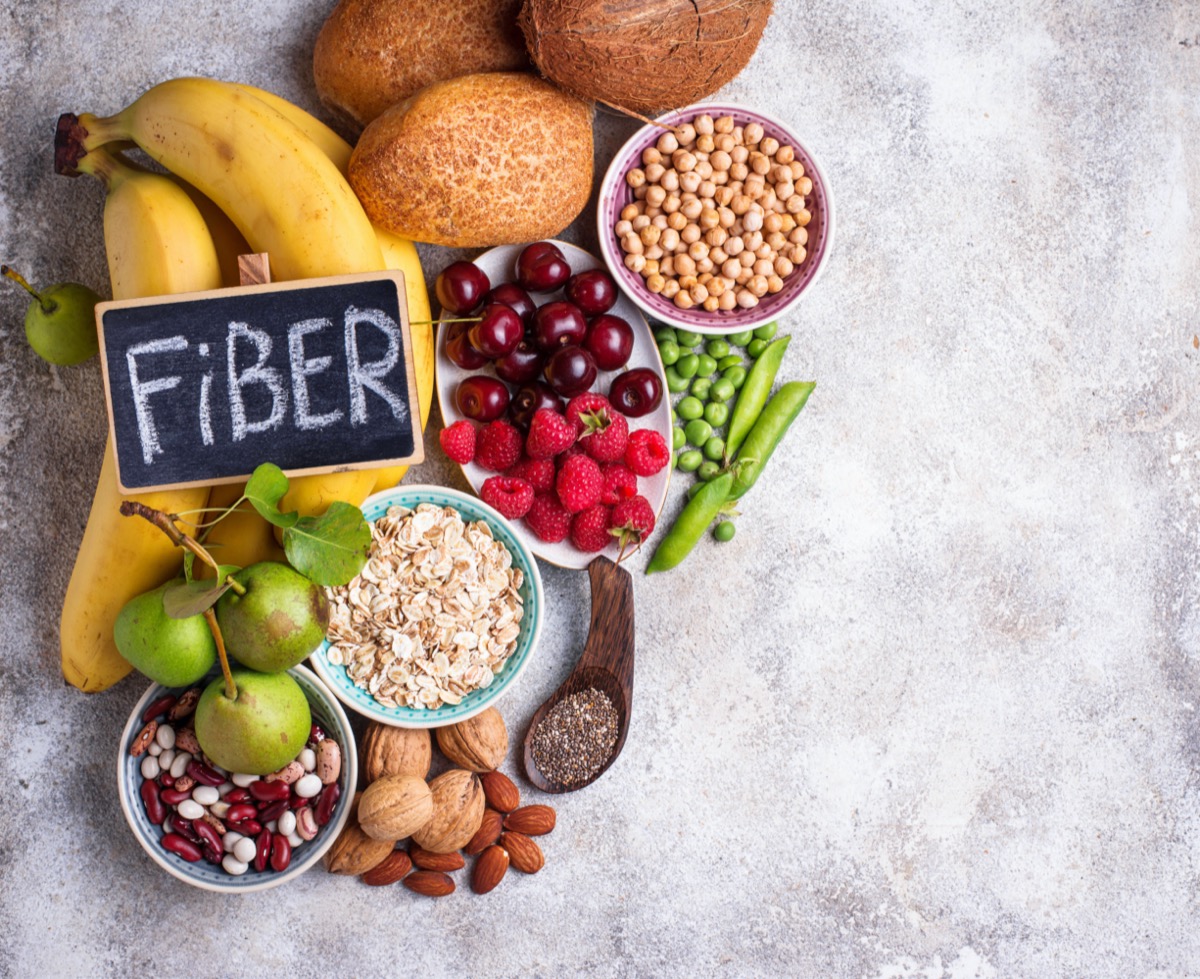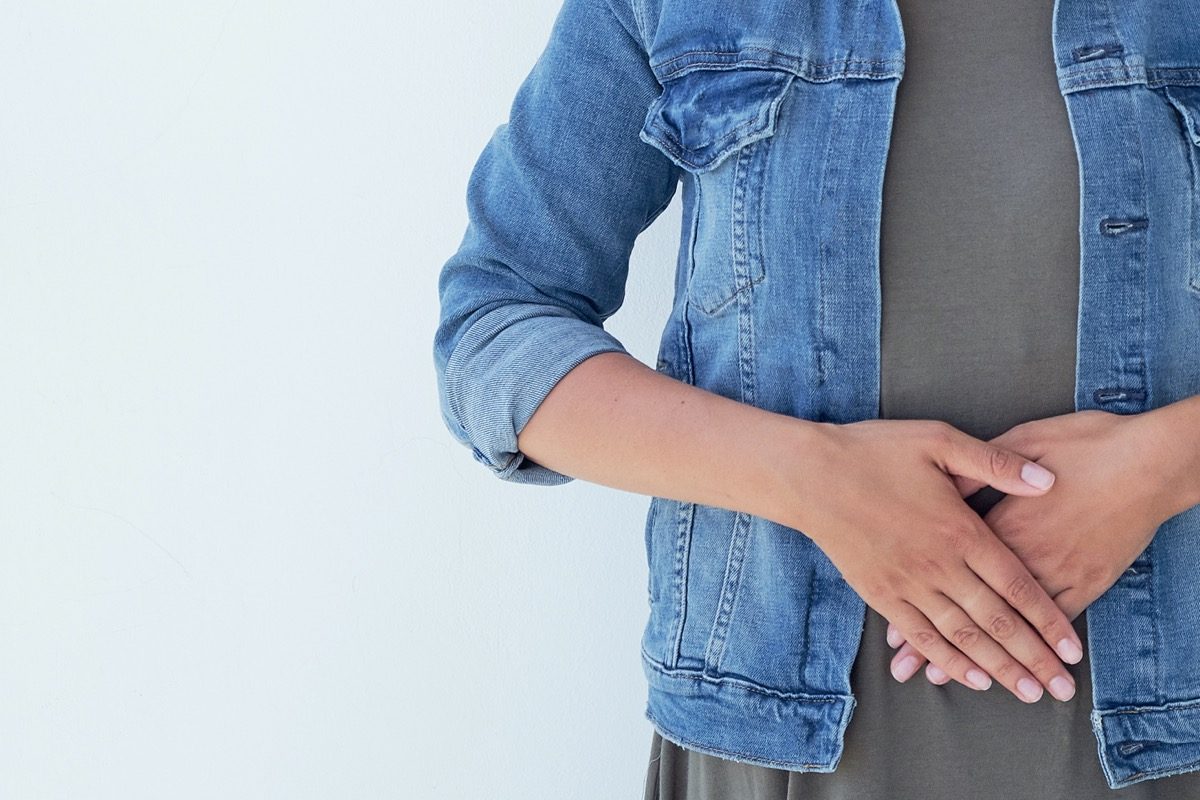Preventing Diverticulitis With Lifestyle Changes
When it comes to preventing diverticulitis from occurring, it usually leads to changing your lifestyle, including a new diet and getting enough exercise. You will need to get about 30 minutes a day of activity to prevent many health conditions beyond diverticulitis, including diabetes, heart disease, obesity, and unhealthy weight gain.

Multiple studies have proven that increasing fiber in your diet will help control diverticulitis. Women who are 51 years or younger should get around 25 grams of fiber each day, while women who are older than 51 should get around 21 grams. Men 51 years or younger need around 38 grams of fiber, and older men require around 30 grams.
If you aren’t getting enough fiber, your doctor might recommend fiber supplements, such as methylcellulose (Citrucel) or psyllium (Metamucil) to help you stay regular. Drinking enough fluids alongside this fiber supplement will keep you from getting constipated and aggravating your condition.
According to doctors from the Mayo Clinic, people often develop diverticular symptoms because they do not have enough helpful bacteria in their colon. Thus, it is recommended to consume foods with more probiotics, like yogurt, kefir, fermented foods (in moderation), and kombucha.
Another method to control diverticulitis is the “Specific Carbohydrate Diet (SCD).” The idea here is that many digestive disorders are caused by an imbalance of bacteria in the microbiome. If there is not enough good bacteria, your system will be unable to absorb necessary vitamins and minerals. The SCD is a program that teaches you how to eat cleaner foods by cutting out refined, ultra-processed simple carbohydrates, along with sucrose (white sugar) and some starches.
More from Things Health
-
Living With Hypothyroidism
Maintaining a healthy weight may be a struggle when you are living with hypothyroidism. Like many individuals with untreated hypothyroidism, the symptoms include fat increase,…
-
Living With Fibromyalgia
Fibromyalgia syndrome affects the muscles and soft tissue. Symptoms include chronic muscle pain, fatigue, sleep problems, and painful tender points or trigger points, which can…
-
Living With An Overactive Bladder
Overactive bladder affects millions of individuals all around the world every day. Many individuals take to the web to try and find a natural over…
-
6 Things to Know About a Low FODMAP Diet
If you or someone you know suffers from Irritable Bowel Syndrome (IBS), you are likely familiar with the digestion problems that come with it including…
-
13 Tips to Having a Great Run
Even if you’ve been running for years, you’ll still have days where your pace is off, your speed is much slower than your personal best,…






